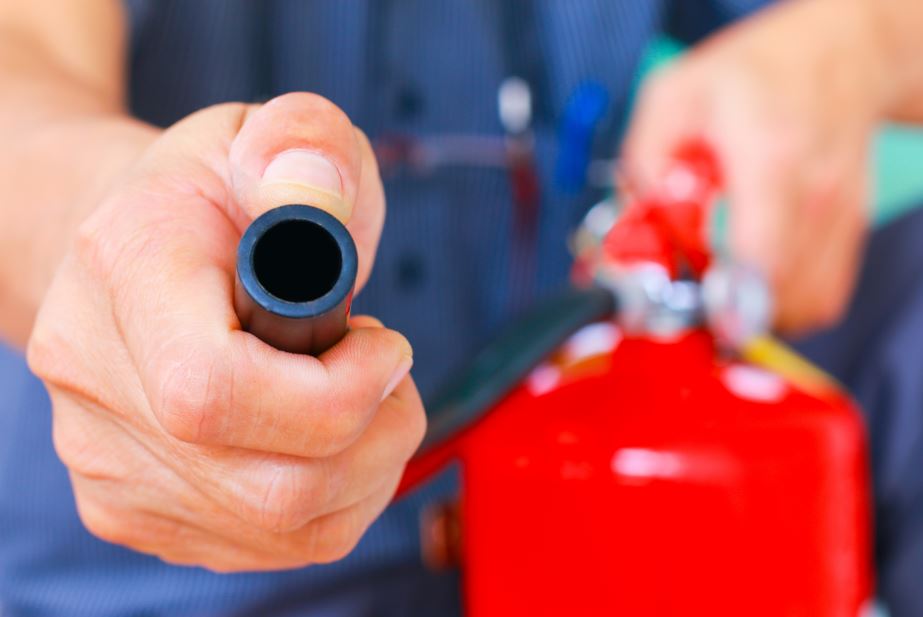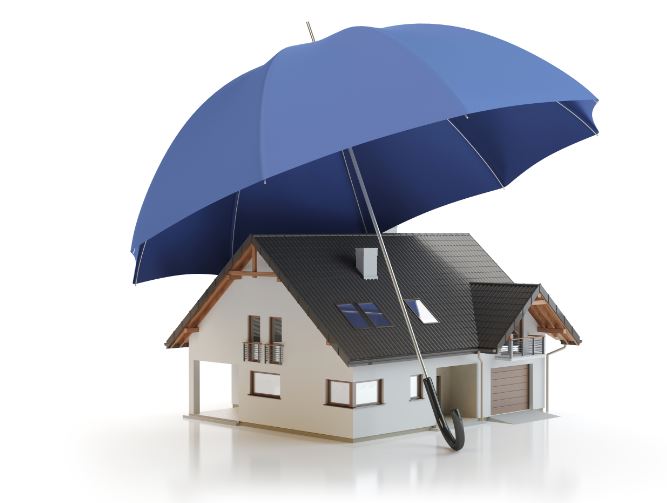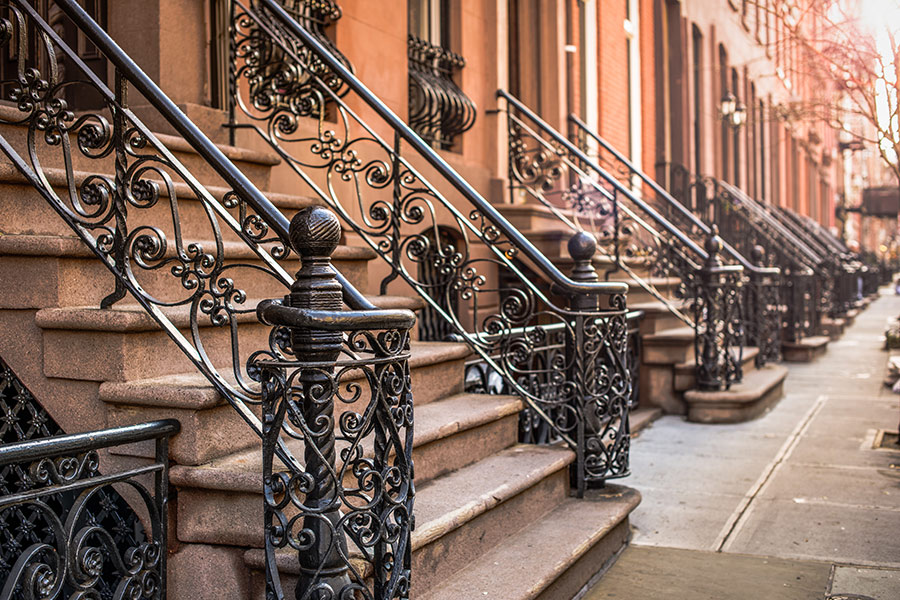 Equip your home with smoke alarms and other tools that can help you gain precious seconds in a fire.
Equip your home with smoke alarms and other tools that can help you gain precious seconds in a fire.
Fire Safety Equipment:
Smoke Alarms
If you have a fire, smoke alarms can cut nearly in half your risk of dying in a fire. Smoke alarms sense abnormal amounts of smoke or invisible combustion gases in the air. They can detect both smoldering and flaming fires.
In new homes: The National Fire Alarm Code (NFPA 72) requires hard-wired, interconnected smoke alarms with battery back-up on every level of the home, outside each sleeping area, and inside each bedroom. Alarms must be wired together so that if one sounds, they all sound.
In existing homes: If smoke alarms are not already in place, at a minimum install them on every level of the home and outside each sleeping area. If a fire occurs inside a bedroom, dangerous gases can cause heavier sleep. For the best protection, install interconnected smoke alarms in each bedroom and throughout the home. When one sounds, they all sound.
To prevent nuisance alarms, vacuum cobwebs and dust from your smoke alarms monthly. Never disable a smoke alarm, even if you experience nuisance alarms while cooking or showering. Instead, use the alarm’s “hush” button. If nuisance alarms are a persistent problem, look for a different type of smoke alarm and ensure they are installed in correct areas in the home.
Use the test button to test your smoke alarms at least monthly. The test feature tests all electronic functions and is safer than testing with a controlled fire (matches, lighters, cigarettes).
If the manufacturer's instructions permit the use of an aerosol smoke product for testing the smoke alarm, choose one that has been examined and tested by a third-party product testing laboratory, and use it in accordance with the product instructions.
If you have battery-powered smoke alarms, replace the batteries at least once a year. Some agencies recommend that you replace batteries when the time changes from standard to daylight savings each spring and then back again in the fall. "Change your clock, change your batteries." Replacing batteries this often will not hurt, but fresh batteries typically last at least a year, so more frequent replacement is not necessary unless the smoke alarm begins to chirp.
If your local area does not observe daylight savings time, pick an easy-to-remember anniversary, such as your birthday or a national holiday, as the day to change the batteries each year.
Replace the batteries in your carbon monoxide (CO) alarms at the same time you replace your smoke alarm batteries.
Replace your smoke alarms every 10 years. This is the recommendation of the National Fire Protection Association and the U.S. Consumer Product Safety Commission. Smoke alarms become less sensitive over time.
Be sure to install smoke alarms in areas where pets are and in other buildings that house animals where humans can hear them.
Fire Extinguishers
Consider having one or more working fire extinguishers in your home. An extinguisher rated “A-B-C” is recommended for home use. Many fire extinguisher models are designed for one-time use and cannot be recharged.
Get training from the fire department or a fire extinguisher manufacturer. Fire extinguishers from various manufacturers operate in different ways and there is no time to read directions during an emergency. Only adults should handle and use extinguishers.
Install extinguishers high on the wall, near an exit, and away from heat sources. Extinguishers should be easily accessible to adults trained to use them, and kept away from children's curious hands. Heat may make the contents less effective or cause the extinguisher to lose its charge more quickly.
If you try to use a fire extinguisher on a fire and the fire does not immediately die down, drop the extinguisher and get out. Most portable extinguishers empty in 8 seconds.
Look at your fire extinguisher to ensure that it is properly charged. Fire extinguishers will not work properly if they are not properly charged. Use the gauge or test button to check that there is proper pressure. Follow the manufacturer's instructions for replacing or recharging fire extinguishers. If the unit is low on pressure, damaged, or corroded, replace it or have it professionally serviced.
Before you begin to fight a fire with a fire extinguisher, be sure that:
-
Everyone has left or is leaving the home.
-
The fire department has been called.
-
The fire is small and not spreading.
-
Your back is to an exit you can use quickly.
-
There is not much smoke in the room.
Carbon Monoxide Alarms
Install carbon monoxide alarms to alert your family to this invisible, odorless, colorless gas before it’s too late. Carbon monoxide is created when fuels (such as gasoline, wood, coal, natural gas, propane, oil, and methane) burn incompletely. Even a small amount of carbon monoxide can poison or kill a person if it is breathed in over a long period of time – such as overnight while sleeping.
Install carbon monoxide alarms in central locations on every level of your home and outside sleeping areas.
If the carbon monoxide alarm sounds, move quickly to a fresh air location outdoors or by an open window or door.
Never use a generator, grill, camp stove or other gasoline, propane, natural gas or charcoal-burning devices inside a home, garage, basement, crawlspace or any partially enclosed area.
For more information, or for a review of your home owners insurance, contact Lallis & Higgins Insurance.
RedCross.org





